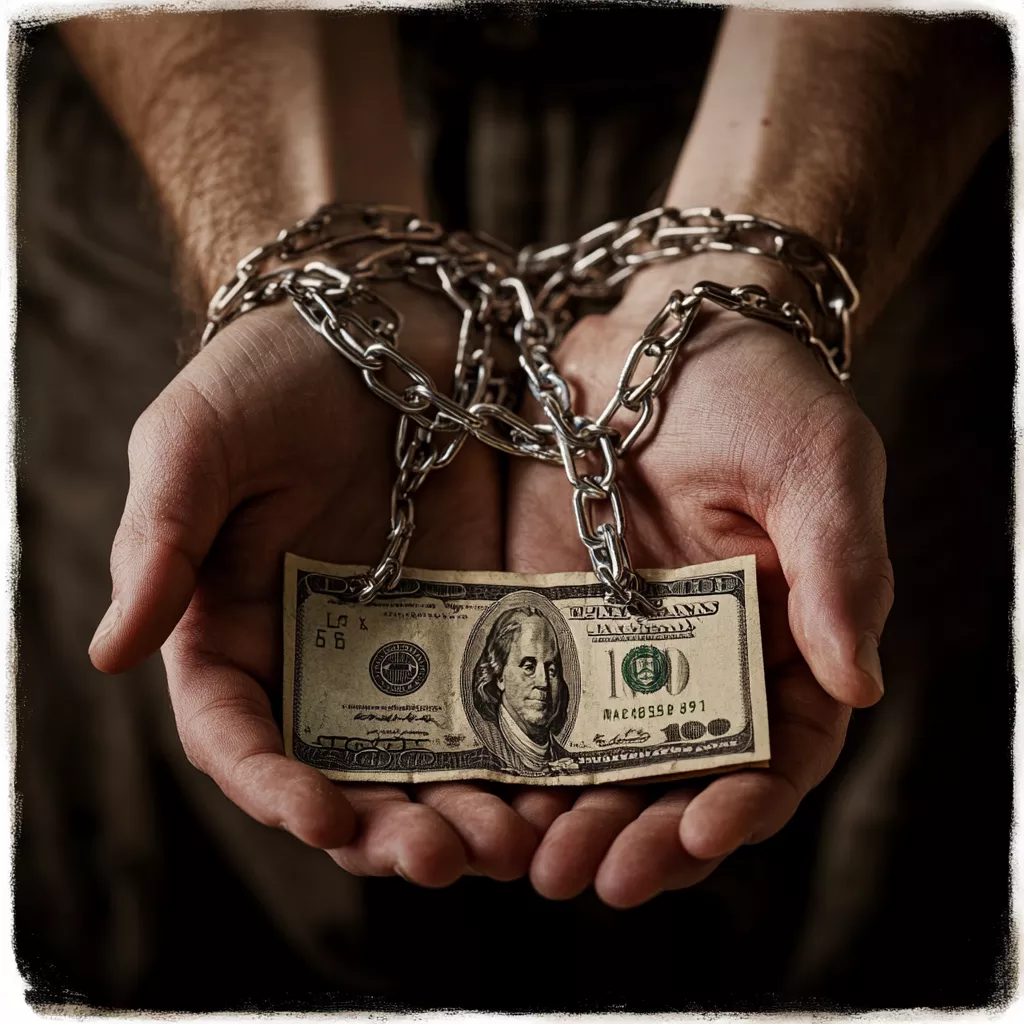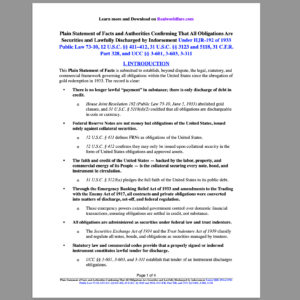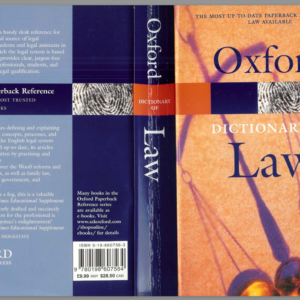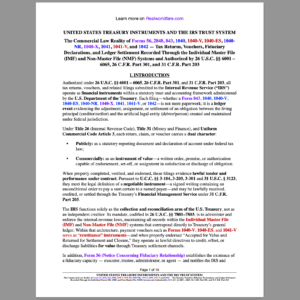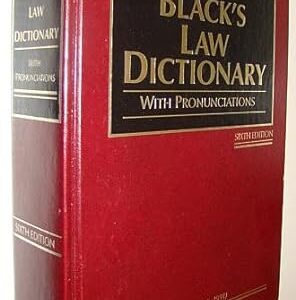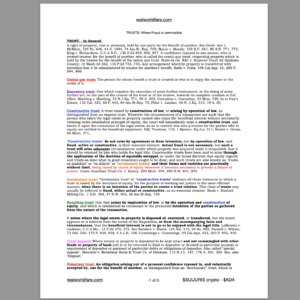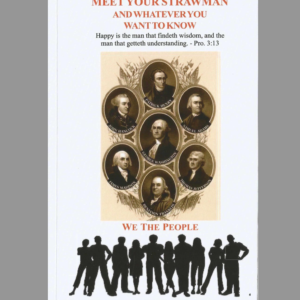Did you know that almost all crimes, from stealing to selling illegal stuff, are actually connected to money? Yep, that’s right. The legal system treats crimes like a big business deal, and most people don’t even know it. This is because of something called the Uniform Commercial Code (UCC), which is a set of rules about how people and companies buy and sell things. The surprising part is that these rules also secretly control how crimes are handled in court.
This is important because regular people are being tricked simply because they don’t know how this system works. Let’s break it down in simple terms so you can understand what’s really going on.
Oriignal article can be found on WALKERNOVAGROUP.com
What Is a “Commercial Crime”?
A commercial crime is basically any crime that involves money or could affect the government’s money. Here’s how the government explains it:
“Commercial crimes. Any of the following types of crimes (Federal or State): Offenses against the revenue laws; burglary; counterfeiting; forgery; kidnapping; larceny; robbery; illegal sale or possession of deadly weapons; prostitution (including soliciting, procuring, pandering, white slaving, keeping house of ill fame, and like offenses); extortion; swindling and confidence games; and attempting to commit, conspiring to commit, or compounding any of the foregoing crimes. Addiction to narcotic drugs and use of marihuana will be treated as if such were commercial crime.” See 27 CFR § 72.11 – Meaning of terms.
That’s a lot of words, but it means things like robbery, kidnapping, or even using drugs are treated as money problems in the eyes of the law. In other words, the government acts like someone doing these things is breaking a money rule, not just a regular law.
How Are Crimes Connected to Business?
Here’s the weird part: when someone does something illegal, it’s treated like they’ve broken a business contract with the government. Imagine you’re playing a game with rules. If you break the rules, you owe the game something. That’s kind of how the government looks at crimes. They see it as you owing them something because you didn’t follow their rules.
Every time someone is arrested, legal papers are filled out, and those papers are kind of like business deals. The government looks at these deals and says, “You owe us money or time in jail because you broke the law.” Even going to court and getting a fine is like paying off a **debt** to the government for breaking one of their business rules.
The UCC: Rules for Buying and Selling… and Crimes?
The Uniform Commercial Code (UCC) is supposed to be a set of rules about how companies and people do business with each other, like buying and selling stuff. But here’s the secret: these rules are also used in the court system when someone commits a crime.
When someone breaks the law, the UCC steps in and treats the whole thing as if it’s a business transaction. For example, if you steal something, the court treats it like you’ve taken something valuable from the government or from a company, and they want their money back. So they issue **bonds** or **papers** that are traded like business deals, which make money for people who work in the court system.
Even getting put in jail is seen as a way to repay a debt. It’s like you’re giving your time instead of money to make up for what you did. Fines and penalties are also just ways for the government to get back what they think you owe them.
Why Don’t People Know About This?
Most people don’t realize that all crimes are about money. The government doesn’t really tell people how this works, and it’s not something taught in school. Because of this, when people get in trouble, they don’t know they’re being treated like they’ve broken a **money rule**, not just a regular law.
People usually think going to court is about being fair and punishing bad behavior. But in reality, it’s a way for the government to **make money off people** who don’t understand how the system works. Once you get into the legal system, they make you pay fines or spend time in jail. Either way, the system profits.
How People Are Taken Advantage Of:
When someone is arrested or charged with a crime, they get handed a bunch of legal documents. What people don’t realize is that these documents are offers from the government, kind of like a business deal. If you don’t respond the right way or don’t understand what you’re signing, it’s like you agreed to the deal without knowing it.
This is why a lot of people end up paying fines or going to jail without even knowing they could have fought the charges differently. The government assumes/presumes you agree to everything they offer if you don’t speak up or challenge them. Silent Aquesence, tacit agreement, and tacis procuration.
The worst part is, this whole process is based on commercial law, but most people don’t even know what that is. So they end up getting tricked into paying money or spending time in jail because they didn’t know how the system really works.
Conclusion: Why Education Is Important:
The truth is, the connection between **crimes and money** is something most people don’t understand. The government uses **commercial law** to make sure they get paid back for every crime committed. But because people don’t learn about this, they get stuck in a system that profits off their mistakes.
It’s really important for everyone to learn about this hidden system so they can protect themselves and understand their rights. Knowing how the law really works can help people avoid getting taken advantage of by a system that treats everything, even crimes, as **business transactions**.
In the end, it’s all about **money**—and the more you know, the better off you’ll be.
